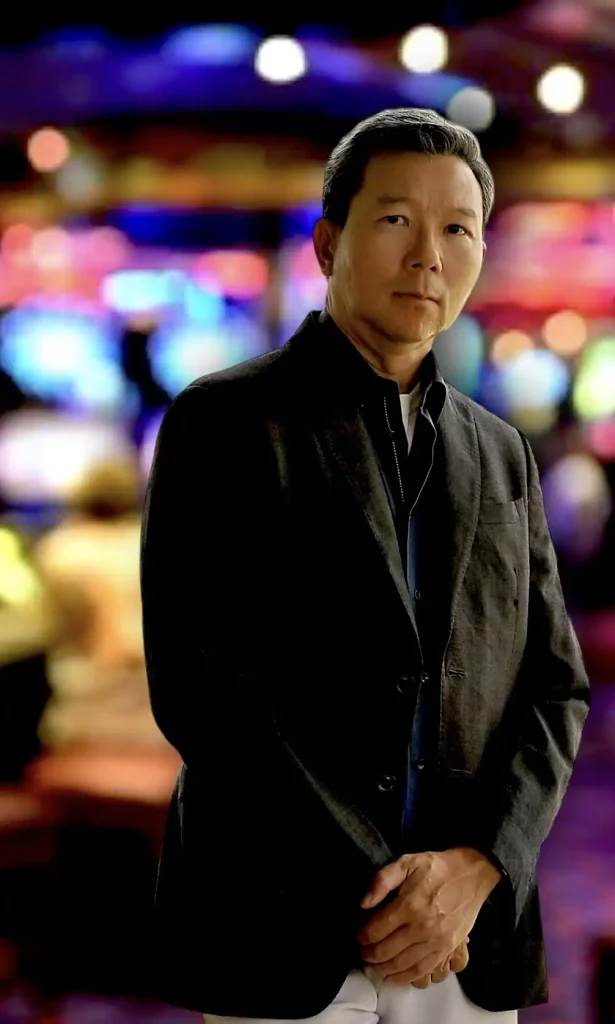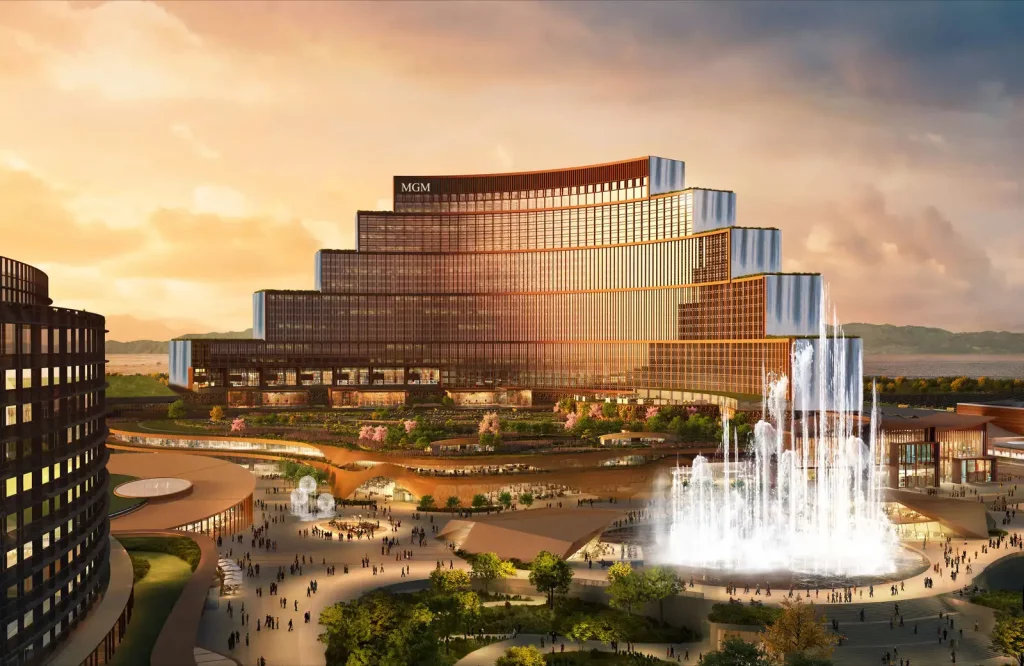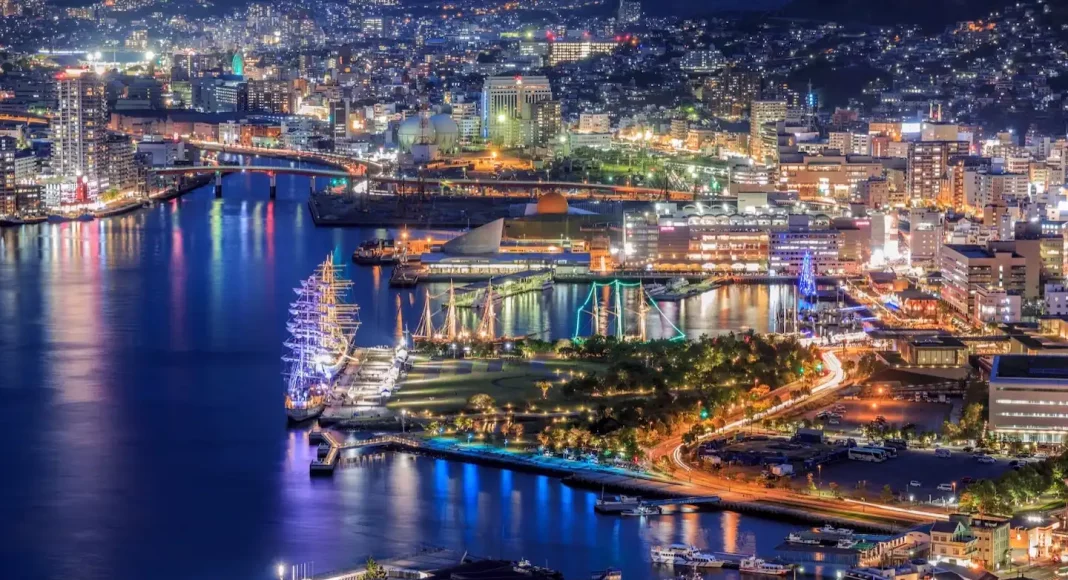The recent decision by Japanese authorities to reject the proposal for a new IR in Nagasaki has created a new Asian casino monopoly. Expert Daniel Cheng points out the political machinations that brought about the outcome and the risks now being taken, both by the lone IR operator in Osaka, and the government.

Author: Japan Casino Uprising
It was an outcome not by design. However, few can deny the accident has been waiting to happen. Twenty years after the casino market deregulation in Macau, Bill Hornbuckle will take over the seat occupied by the late Stanley Ho and join Lim Kok Thay at the enviable table of leaders in gaming monopolies. Japan will now accompany Malaysia to be casino monopoly jurisdictions in Asia.
The former’s status was cemented when an expert government committee this week denied the bid by the Nagasaki prefectural government to develop an integrated resort. The decision came over a year and a half-long deliberation but the writing has been on the wall for Nagasaki when a far superior bid by Osaka Prefecture only scraped through by the skin of its teeth eight months earlier.
In the verdict, the committee acknowledged the operator’s proficiency in the casino business. However, concerns arose about their inexperience with integrated resorts specifically. Casinos Austria‘s minor equity stake in the consortium further amplified these concerns.
The committee questioned the depth of the group’s management team and their commitment to running an integrated resort and ability to implement adequate gambling safeguards. Their proposal lacked clarity on these latter aspects which is a crucial tenet of the IR legislation. Ultimately, the ambiguity surrounding the capital funding plan sealed the deal for the demise of the Nagasaki bid.
Despite the industry breakthrough of Japan’s first approved casino, 2023 is generally a forgettable year for the country. The economy is faltering, and the yen has hit historic lows. Ten years after China surpassed it to be the world’s second largest economy, Japan relinquished third place to Germany this year.
The economic slide may not be over yet with S&P projecting it will likely be overtaken by India within this decade. Political turbulence continues to unsettle the government’s balance of power, with a rising force in the political opposition causing major concerns for the ruling Liberal Democratic Party.
The approval of the Osaka integrated resort is attributed to the rapid ascendancy of Ishin To from a regional political party to a national political juggernaut. The approval for the Osaka IR was an olive branch from the prime minister in a “keep your enemies closer” tactic as Fumio Kishida plays a delicate political shoji game while other foes circle closer.
The embattled leader had to remove his son as his executive political secretary in May after accusations of nepotism. A reshuffled Cabinet lineup in September intended to shore up support achieved the opposite when three newly-appointed junior ministers were forced to resign rapidly over political improprieties.
That was the first ripple in a vast ocean of crises as a widening investigation of a political donations kickback scandal toppled top ministers and senior LDP office holders. With party and leader polling at all-time lows, Kishida would have been hanging on for dear life if not for the fact that there isn’t anyone strong enough to capitalize on his dire straits.
The IR agenda soars on the wings of political calm, a rarity in postwar Japan, which is the reason it took two decades to pass the legislation. Its main sponsors come from the largest faction in the LDP, the Seiwa Seisaku Kenkyukai, formerly led by Shinzo Abe.
Seiwa is at the center of the unfolding kickbacks malfeasance that had already seen faction members removed from all government posts. In one fell swoop, the IR lobby lost its major political backers, Yasutoshi Nishimura, and Koichi Hagiuda in the Seiwa cleanout. The situation is also looking tenuous for Seiko Hashimoto, the champion for an integrated resort in her home prefecture of Hokkaido.


MGM Resorts will look back at the fateful summer of 2019 when it defied the domino effect, pivoting its strategy while rivals abandoned Kansai for Yokohama. CEO Bill Hornbuckle will have his canny ORIX counterpart, Shuji Irie, to thank for staying the path while everything else eventually imploded around them.
Ironically, the opposition Ishin Party was the only saving grace for the Japanese IR cause, which is otherwise in tatters, having failed miserably to achieve most of its broader objectives. The stark reality falls far short of Sheldon Adelson’s boast about Marina Bay Sands merely being a “warmup” for future Japanese integrated resorts.
The disqualification of Nagasaki’s integrated resort (IR) bid has raised concerns about the inadvertent creation of a casino market monopoly in Japan with only one integrated resort in Osaka. This scenario put government leaders at risk of contravening the constitutional Act on the Prohibition of Private Monopolization and Maintenance of Fair Trade (AMA). The AMA prohibits unreasonable restraints of trade, private monopolization, unfair trade practices, and mergers that restrict competition.
Of course, there are two IR licenses yet to be dispensed, but strong political headwinds will stymie any further actions, at least for the next year or so. With the fate of Nagasaki cast and the expectations of another prolonged inertia, the last hopeful remnants of the foreign IR legion will be packing up and departing Japanese shores until a time when political concord prevails again.











